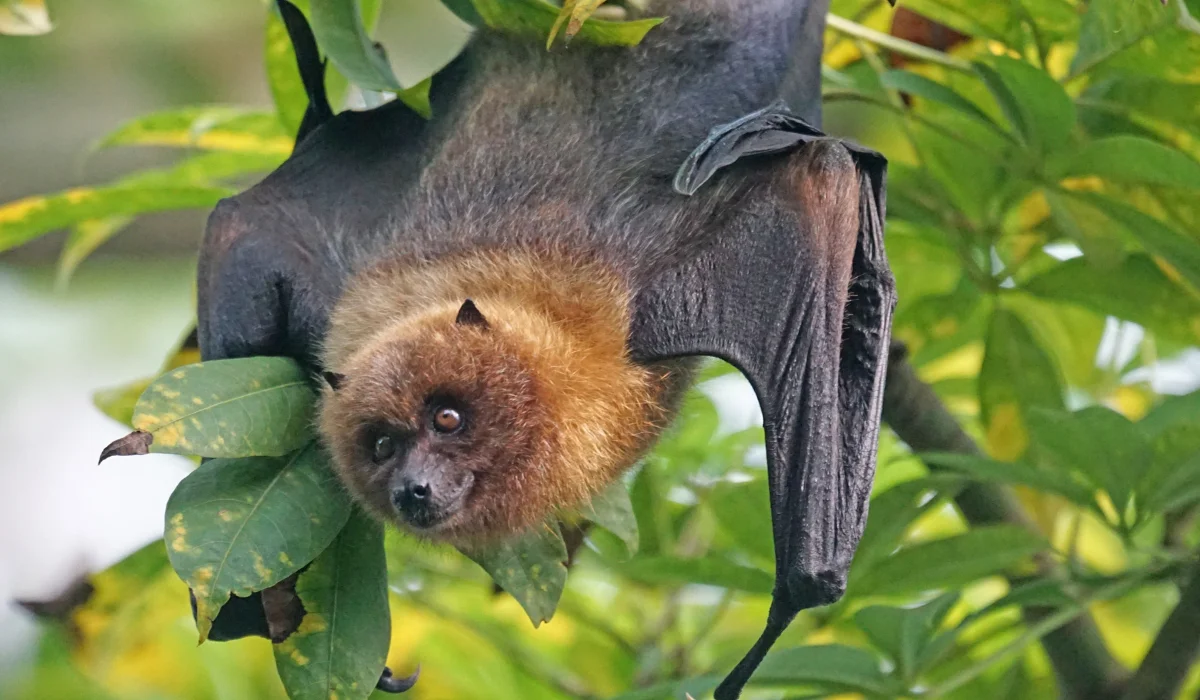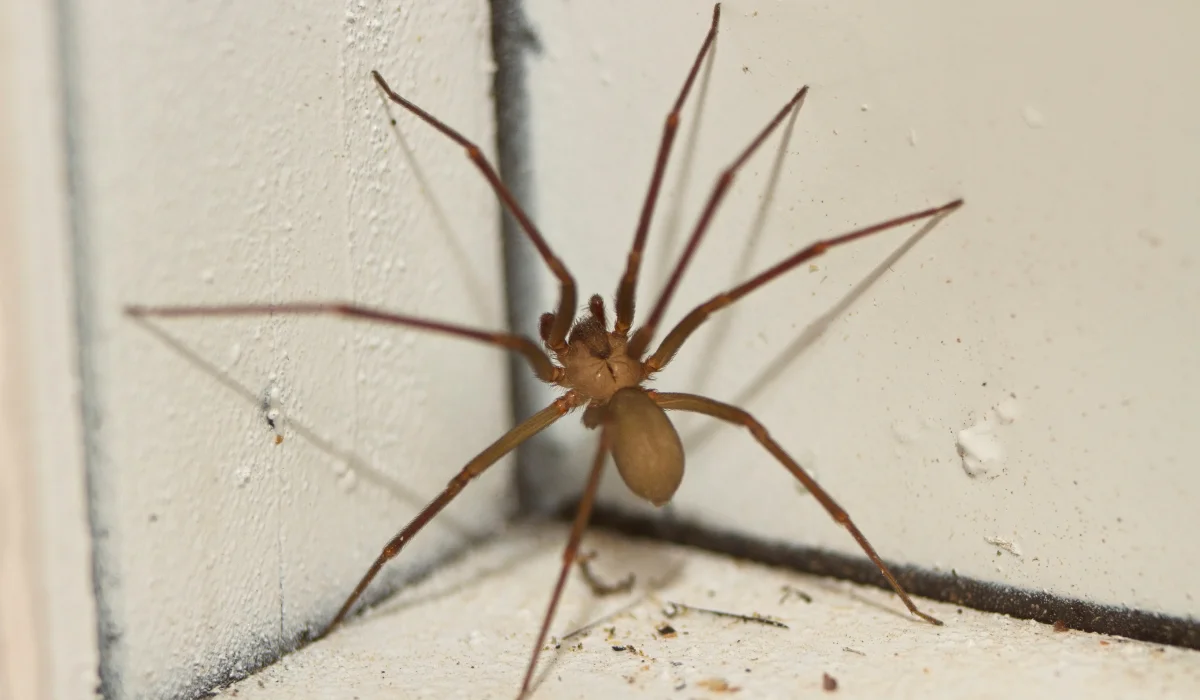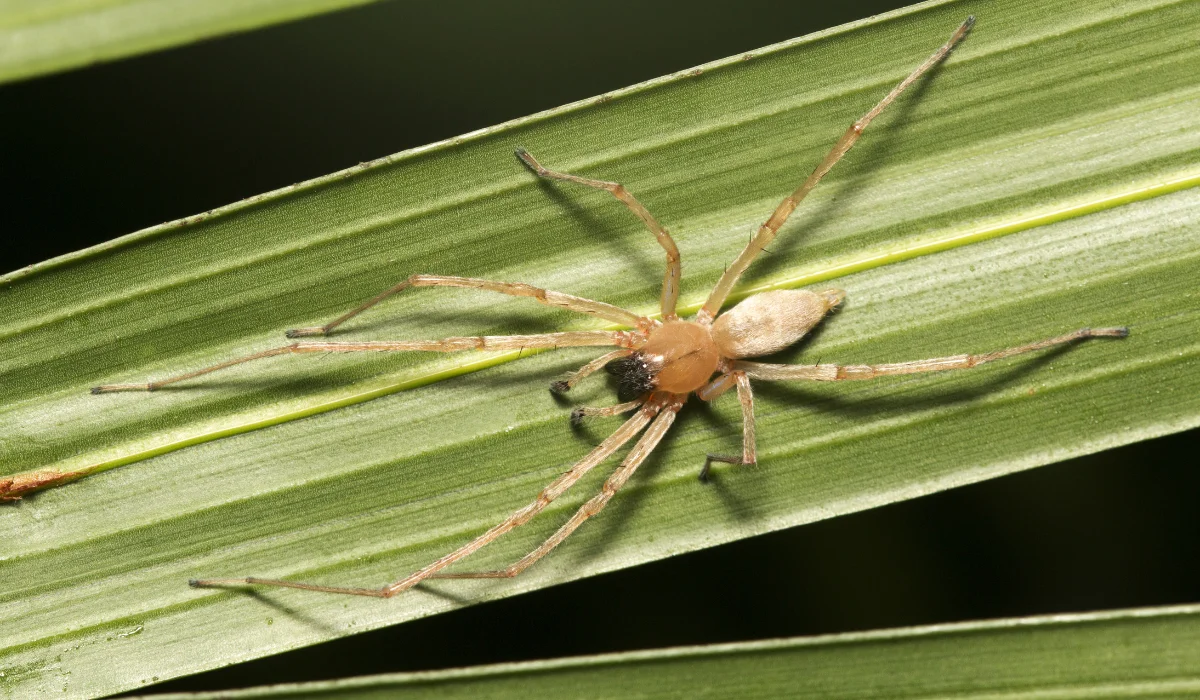Are bats more likely to bite humans than we think? Bats rarely bite people unless they feel threatened or are mishandled. This topic is timely due to the growing interest in understanding human-wildlife interactions and their implications.
Keep reading to find out some practical tips for avoiding any unwanted encounters.
Key Takeaways
- Bat bites in Louisiana are rare, but they can occur when bats feel threatened or are handled directly.
- Bats in Louisiana are not a significant threat to humans, though concerns about rabies transmission exist.
- If bitten by a bat, immediately clean the wound, seek medical attention, and consider rabies treatment.
- Prevent bat encounters by sealing your home, using screens, and contacting professionals if you find a roost.
DO BATS IN LOUISIANA COMMONLY BITE PEOPLE?
In Louisiana, interactions between bats and people may occasionally happen, but actual biting is quite rare. Despite some fears over diseases like bat rabies, most species do not significantly threaten humans.
Are Bat Bites Common in Louisiana?
Bat bites are uncommon. While they live across the state, contact with humans is generally infrequent. Incidents of bats biting humans in Louisiana are low compared to other states, such as Texas.
Common species of bats in Louisiana, such as the brown bat, tend to be shy and avoid people. With their small teeth, even if they do bite, it often goes unnoticed. Often, bites only occur when bats feel threatened.
Why Might Bats Bite Humans?
There are specific situations where a bat could bite. If a person handles a bat directly, it may feel cornered and bite in self-defense. Direct contact, like trying to catch or hold a bat, can also lead to a bite.
Most bites happen because the bat is sick, leading to more interaction with people. Removing or helping an injured bat may also lead to a defensive nip.
ARE BATS DANGEROUS TO HUMANS IN LOUISIANA?
In Louisiana, encounters with bats are common, unlike regions like Canada. While they help control insect populations, concerns about their interactions with humans arise due to the risk of bat rabies.
While they can carry the rabies virus, bats are now considered wild animals most likely to transmit rabies to humans in America, unlike skunks and raccoons. But, it’s important to note that rabies rates vary by region.
Public health authorities track cases of rabid animals, including infected bats. This helps reduce the cases of rabies transmission to humans. Fortunately, species like vampire bats, known for their blood-feeding habits, do not thrive in the area.
WHAT SHOULD YOU DO IF A BAT BITES YOU?
Bats can carry rabies, so it’s important to address the bite quickly. Here’s what you need to take if a bat bites you immediately:
- Clean the bite wound thoroughly with soap and water before visiting the doctor.
- Inform the doctor about the bat bite so they can recommend the rabies vaccine, known as post-exposure prophylaxis (PEP).
- Undergo the PEP treatment, which involves a series of injections over two weeks, according to the Centers for Disease Control and Prevention (CDC).
- If a bat bites you, and it’s possible to safely trap it for rabies testing, use gloves and tools like a piece of cardboard and a container.
- Consult health professionals about the next steps for rabies testing.
- Whether bitten by a rabid bat or not, always treat the situation urgently.
- Follow advice from healthcare professionals.
HOW TO AVOID BAT BITES IN LOUISIANA
To keep your home and family safe from potential bat encounters, follow these important steps for prevention and awareness:
- Look for bats roosting in attics, barns, or other structures. If you find a roost, contact animal control for professional guidance.
- Fit windows and doors with tight-fitting screens to keep bats out of your living spaces. This reduces them entering your homes.
- Check your home’s exterior for cracks or holes. Bats can fit through tiny gaps, so sealing these spaces can keep them out.
- Be aware of any bat sightings around your property. Frequent sightings may suggest a nearby roost and increase bite risks.
- Regularly remove any bat droppings around your property. This not only helps remove unsanitary conditions but may also deter bats from returning.
- When in doubt or if bat habitats form, contact animal control experts who can offer insights and guidelines for safe removal.
- Do not attempt to touch or catch the bat with bare hands. This reduces the risk of rabies, injury, or other diseases.
- Inform the local health department, especially if a person or pet interacts with the bat. They might recommend preventive measures.
WHEN TO CALL BAT REMOVAL SERVICES
If you spot a bat colony in the attic or other parts of the home, it’s time to contact the pest control pros. Bats roosting in homes can pose health risks due to guano accumulation and potential rabies exposure.
Whether you’re in Baton Rouge or New Orleans, seeking expert help should be easy. For immediate intervention for a severe infestation, let Lajaunie’s bat control specialists tailor a solution that’s right for your home.
For more information about our services, visit our service page.
 By: LaJaunie's Pest Control
By: LaJaunie's Pest Control 


